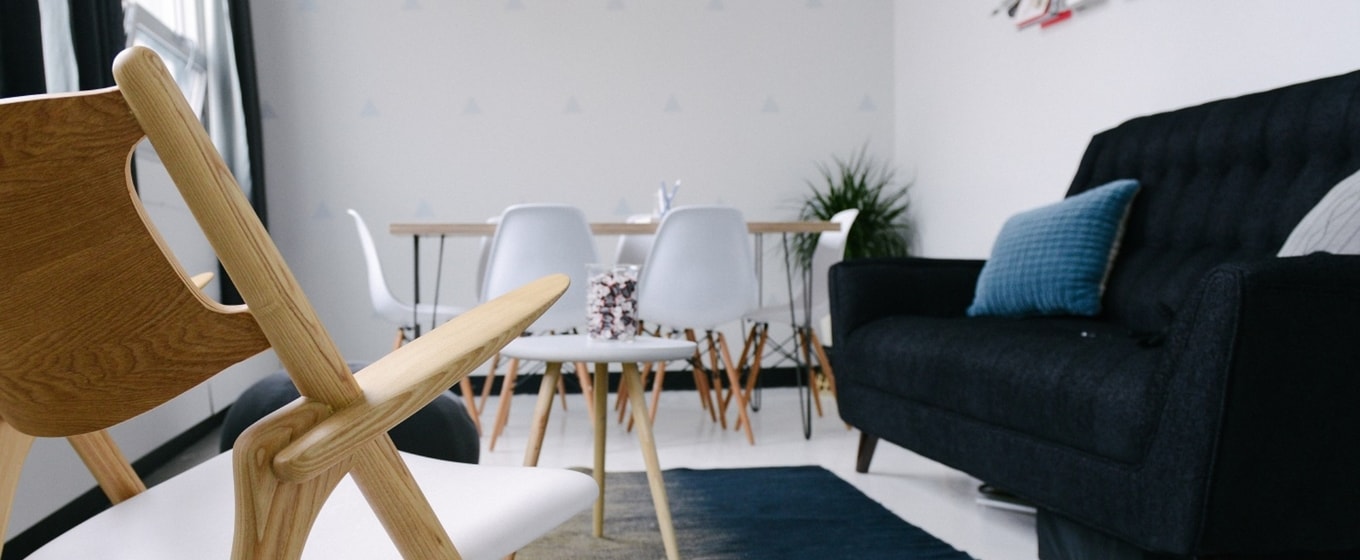Who has the right to a trademark?
A registered trademark belongs to the person or business that registered it, who will normally have the exclusive right to use it.
If you have registered a trademark, you’re free to give someone else the right to use it if you wish. Commonly, this would be done via either a straightforward sale, an open agreement, or a licensing agreement for a specific period of time. You can charge someone to use your trademark, or you can grant rights free of charge.
Trademark registrations last for 10 years. If a trademark is not renewed, the owner loses their exclusive rights to it.
Can I give my business the same name as an existing firm abroad?
There’s no law that would specifically prevent you from using the same name as an existing business operating in another country. However, even if the business is based abroad, if it’s operating in your country you could still face a legal challenge for passing off or trading on their goodwill.
You should also check if the name has been trademarked. Foreign businesses may register trademarks even in countries where they’re not yet trading, and it’s possible to register European trademarks that apply to all EU countries.
Finally, remember that you might not be able to get an internet domain name matching your business name, if it’s already been registered by a foreign firm.
Should I invest money to try to protect my invention idea?
If you’ve had an idea for a new invention, the best way to protect it is with a patent. This process costs £280 if you apply by post, or £230 online. Although these fees are non-refundable, you should definitely treat this as an investment.
You can patent your invention as long as it’s genuinely new, not obvious, and is something that can be made or used. Before you start, it’s worth searching the patent database to make sure your idea really is original. Of course, it probably doesn’t make any sense to patent your invention unless you also think it will make money.
What’s the easiest way to legally protect my business?
The easiest way to protect your business depends on what exactly you need to protect.
To protect your business’s name, for example, you must register it with Companies House. To protect your business’s web identity, try to register all the common variations of website address that match your business name. To protect your logos and brand names, register these as trademarks with the Intellectual Property Office. To protect your inventions and innovations, file a patent application. If you generate any creative work, such as artwork, writing, songs and films, this is automatically protected by copyright law, but you should keep good records so you can sue for copyright infringement if necessary.
Do I need permission from my customers to post photos on my website of projects I’ve completed at their homes?
Using photos from customers’ homes won’t necessarily be illegal, but you should always ask permission from the customer.
If the photograph includes distinguishing details of a customer’s home, images of the customer themselves, or information about how to gain access to their home, then it could be considered a breach of their privacy. If a customer sued you for such action, even if you win the case, you will have lost the trust and goodwill of the customer and you will likely lose future trade as a result.
Even if the photograph you take includes no harmful information, and even if you’ve already included this as part of your contract with customers, as a matter of common courtesy and good practice you should always show the photos to the customer and gain their explicit permission to use them.
Is it legal to buy items, piece them together then re-sell them as a completely different product?
Yes. This is a legitimate form of manufacturing and it forms the basis of many successful business models.
Generally speaking, you’re free to sell anything you buy, and you’re free to add value to those products in any way you see fit. There’s nothing in law that provides the original seller with any way to restrict what you do with their products. Indeed, someone could buy the reassembled products from you, combine them with some more items, then sell them on again.
However, legal issues could arise if the original seller believes that you’re misusing their trademark or copyrighted material. In such cases, you should seek advice from an intellectual property lawyer.






These cookies are set by a range of social media services that we have added to the site to enable you to share our content with your friends and networks. They are capable of tracking your browser across other sites and building up a profile of your interests. This may impact the content and messages you see on other websites you visit.
If you do not allow these cookies you may not be able to use or see these sharing tools.